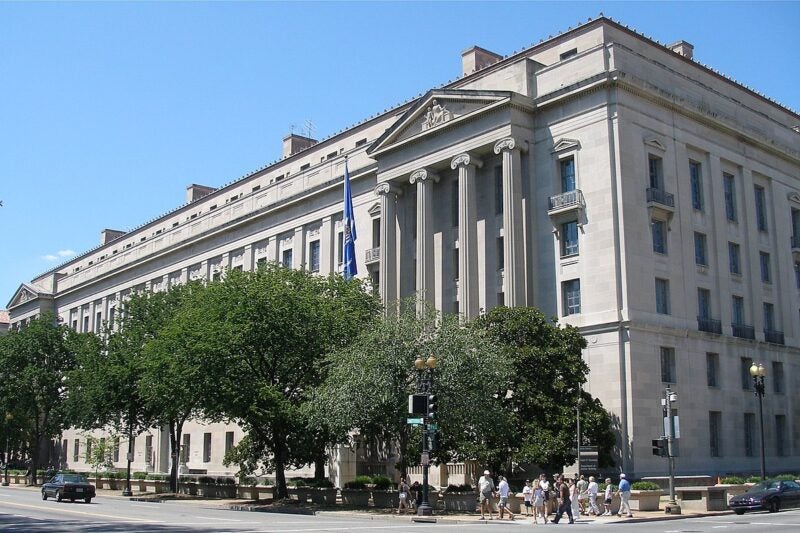
The US Department of Justice (DOJ) said that BioTelemetry and its subsidiary CardioNet have agreed to pay $44.8m to settle allegations of violating the False Claims Act (FCA) by intentionally filing claims for different healthcare programmes for heart monitoring tests that were conducted partly outside the US.
Both the US-based firms submitted claims to Medicare, the Veterans Health Administration, TRICARE, and the Federal Employee Health Benefits Program.
In many cases, heart monitoring tests were performed by technicians who were not qualified to perform them, said the department.
As per the statement by the US Department of Justice, BioTelemetry and CardioNet incorrectly billed health care programmes for some cardiac monitoring services, including event monitoring, Holter, and mobile cardiovascular telemetry (MCT) tests.
These tests were performed overseas which is against the federal law that bans payment for services delivered outside the US.
United States Attorney for the Eastern District of Pennsylvania Jacqueline Romero said: “Providers must act within clear federal healthcare program boundaries to ensure that appropriate care is given to the beneficiaries of those programs.
“This office will continue to pursue cases where providers have failed to honor these rules, which were established to provide quality care to elderly citizens and military veterans, among others.”
The Department of Justice said that CardioNet signed a deal with an India-based firm for diagnostic and analysis services of heart monitoring data in 2013. BioTelemetry sent electrocardiogram data of a few federal beneficiaries to India when the domestic workflow became backlogged.
In 2014, Indian technicians reviewed more than 29% of the ECG data in connection with MCT tests and over 78% of the ECG data was studied in connection with event monitoring tests, both for Medicare patients. In 2015, these figures jumped to over 47% and over 88%, respectively, the US Justice Department added.
Additionally, the department claimed that the majority of offshore technicians did not have the basic qualifications to carry out the tests. Out of more than 450 technicians involved, less than 3% were certified by Cardiovascular Credentialing International (CCI).





